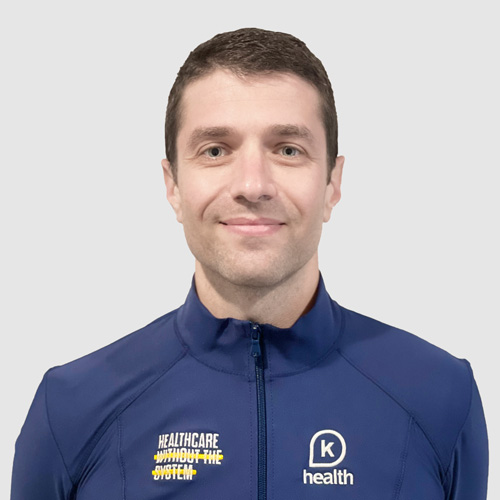It’s important to note if you are experiencing thoughts of suicide, we recommended you call 911, go to the nearest emergency room, or call the National Suicide Prevention Lifeline at 1-800-273-TALK (8255).
Depression can be the result of a chemical imbalance in the brain, or it can be situational, meaning the result of a traumatic or difficult life event. If your depression symptoms are causing significant impairment in your relationships and affecting your daily life, or, if your current attempts to cope have deemed unsuccessful, we recommend you speak with a Primary Care Physician or a trained mental health professional (K has both).
Doctors in the K Health app can help assess what treatment options are best for you. Situational depression symptoms can mirror other kinds of depression, causing you to feel sad, anxious, or disinterested in normal activities. If these symptoms interfere with your everyday functioning, a doctor might diagnose you with situational depression and recommend medication, therapy, or lifestyle changes to help you cope.
Learn more about K Health’s anxiety and depression treatment program and start a free assessment today.

 Medically reviewed
Medically reviewed